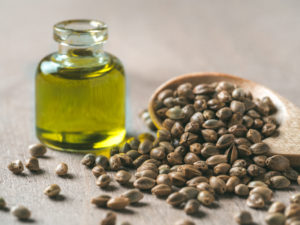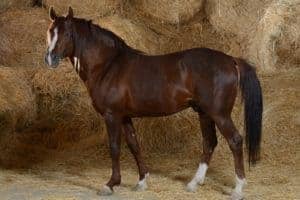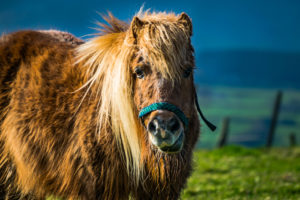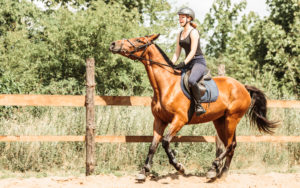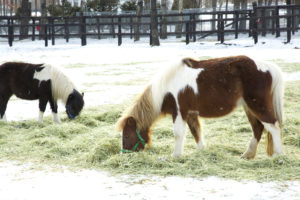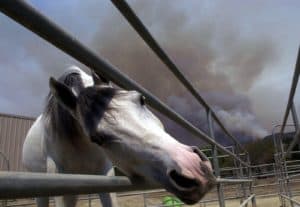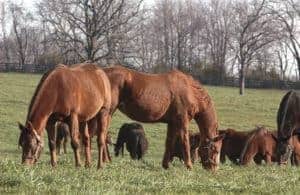
Finding the Cause of Chronic Diarrhea in Horses: Be Methodical
From infectious disease to microbial imbalance in the gut, causes of chronic diarrhea in horses run the gamut. And, veterinarians agree, finding a solution should be a methodical trial-and-error process.



